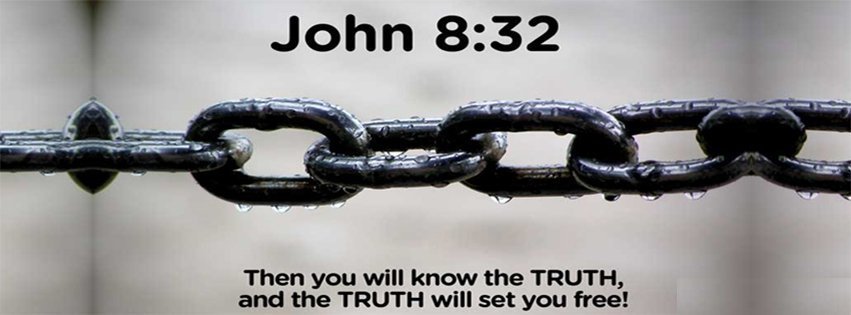Are we our brother’s keeper? If so are we our father’s keeper and how far does it go? From the beginning we have been blaming others and refusing to accept responsibility. Adam points the finger at Eve, then Eve does the same to the serpent. Theft leads quickly to murder and when confronted by God with his guilt Cain responds with those timeless words that still haunt humanity, “am I my brother’s keeper?” The answer is yes, unhesitatingly yes! We are our brother’s keeper. We are our sister’s, our father’s, our mother’s, and even our grandfather’s keeper. That is why it shocks me every time I have a conversation with a Christian who is a part of an organization with past sins, and they coolly reply that they aren’t responsible for the sins of previous generations. I was even more shocked to hear Jordan Peterson, a man whose influence has seen a meteoric rise in the past year especially among conservative christians, renounce the idea of collective guilt during a recent interview with Ben Shapiro. But it might explain why he left out the Brother’s Keeper section of the Cain and Abel story in this interview with Sam Harris.
By no means am I suggesting that all people must assume collective guilt by necessity but it is a beautiful thing when it is done voluntarily. And never was it done more beautifully than when the creator of the universe took on human flesh, waded down into the baptismal waters of the Jordan, assumed the collective guilt of humanity, and started his long but inevitable journey to the cross where he would share in our punishment. John’s reaction was much like our own when confronted with the prospect of assuming someone else’s guilt, he tried to prevent him! But John was not the only one who tried to stop Jesus from fulfilling his mission on earth. When the Lord began to reveal to his followers that he would have to suffer and die for the faults of others, Peter withstood him to his face and the voice of God replied, “get behind me Satan.” In a culture where we barely have the strength to accept the responsibility for our own actions, assuming the guilt and sharing in the punishment of someone else can easily become offensive. So offensive that we murdered one of the brightest lights our nation has ever had, 50 years ago today, because he had the courage to hold up a mirror to our societies own depravity. But the tide may be turning and it may have started in an unexpected place.
This turning can be seen in the rise of the heroic antagonist in popular culture. Roughly starting with and made wildly popular by Idina Menzel as Elphaba in Wicked and culminating in Michael B. Jordan’s character Erik Killmonger in Black Panther. The heroic antagonist is built on the foundational truth that we ought to share in each others burdens. In Black Panther, justice does not require T’Challa to spare Erik’s life, but he understands that the actions of his father contributed to the horrific dilemma and he chooses to show him mercy. The heroic antagonist has become an almost ubiquitous element in popular culture, and the acceptance of collective guilt is a fundamental aspect of the gospel, the only question that remains is whether or not leaders in our churches will stand up and fight for change in our organizations. The blood of our black brothers and sisters is crying out to us from the ground and to often our response is, “am I my brother’s keeper,” and “it’s their own fault not ours.” It's not too late to change. There is still time for denominations that have been divided since the civil war to pursue repentance, reconciliation, and reunification. There is still time for predominantly white churches to speak out against the injustices that plague their communities and our society. And there is still time for individuals who have refused to accept responsibility for their own mistakes and for those of previous generations to join in that beautiful work of the gospel.

